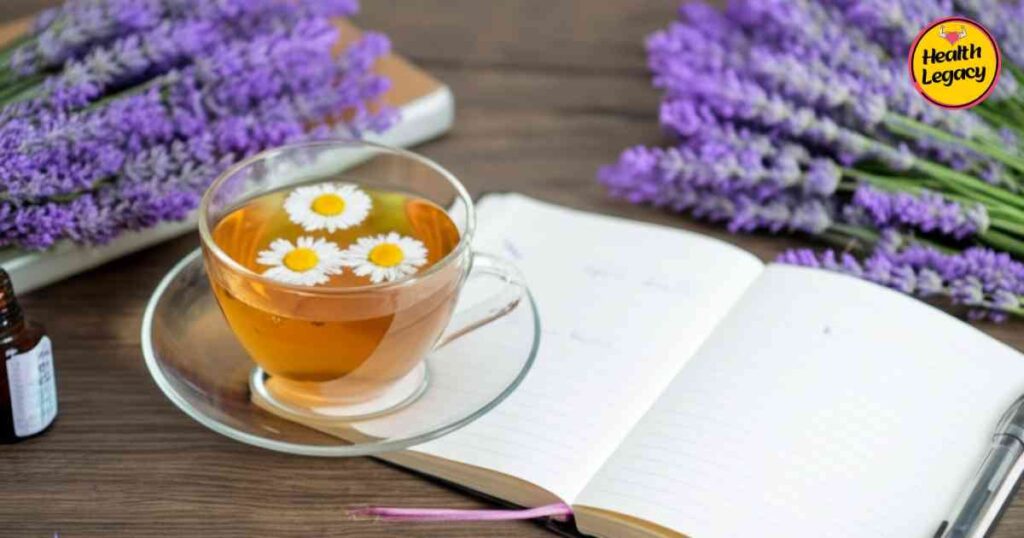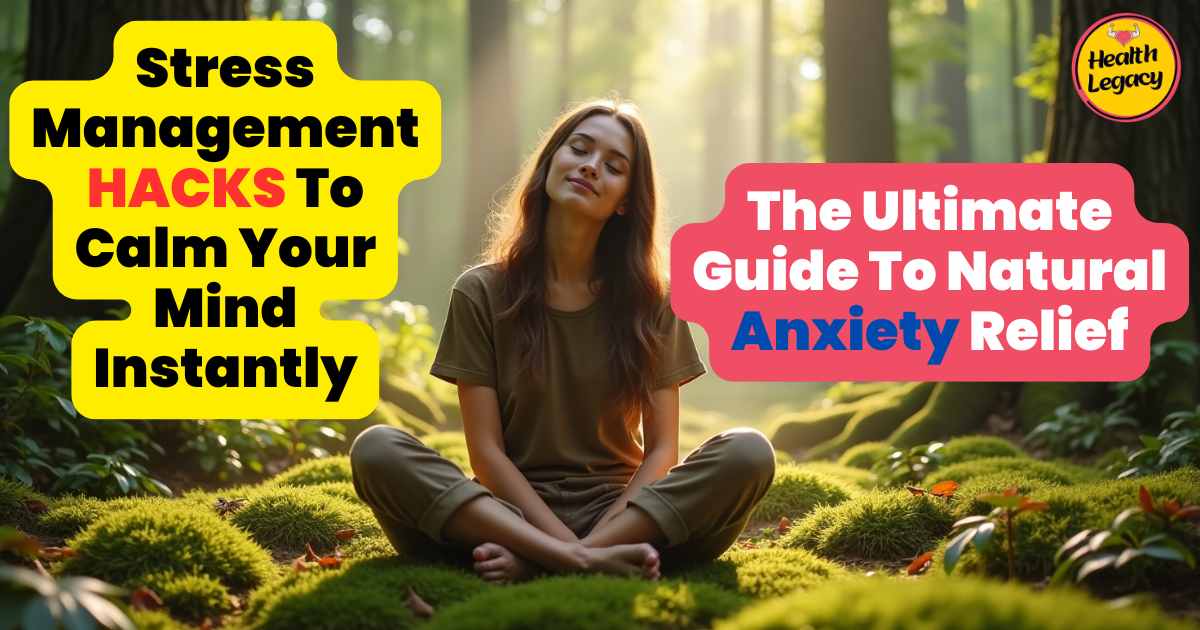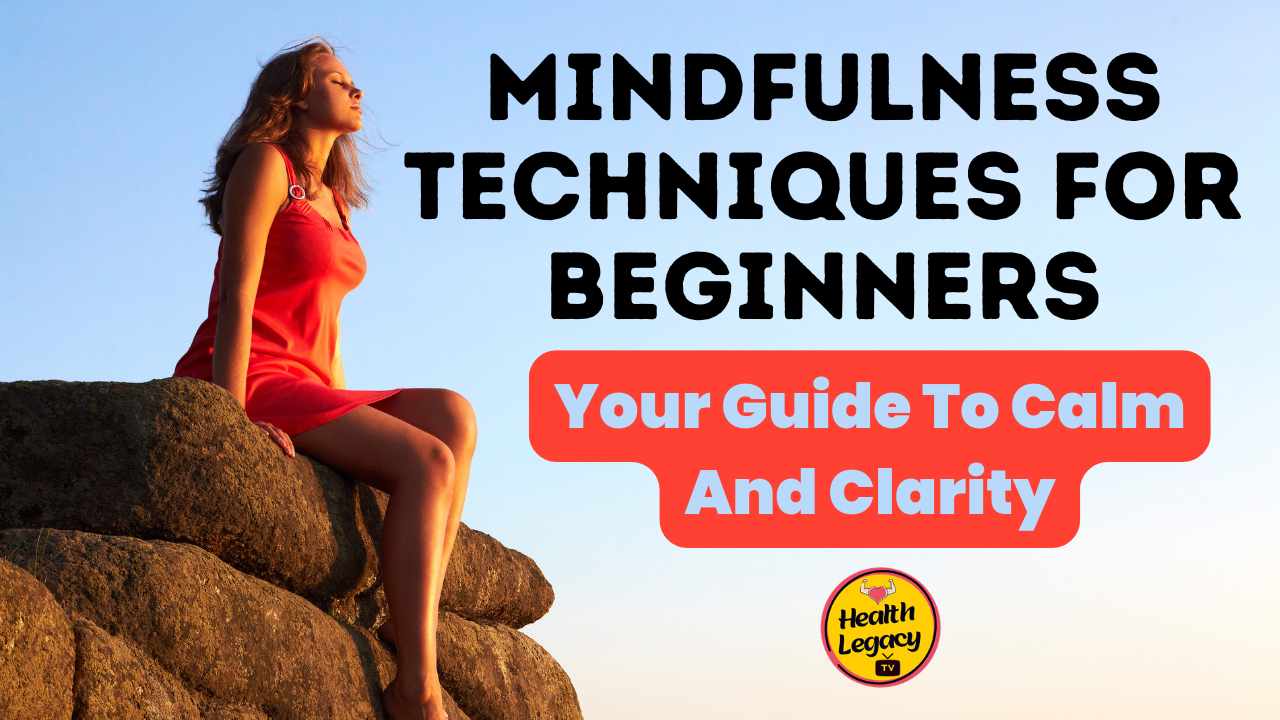How to Manage Anxiety Naturally and Feel Calm Again
I would like to start this article with a request to imagine You’re sitting in traffic, late for work, and your heart feels like it’s drumming a marathon. Or maybe you’re lying awake at 3 AM, replaying that awkward thing you said three years ago. We’ve all been there. Anxiety doesn’t care if you’re in the middle of Times Square or a Mumbai marketplace—it shows up uninvited. But what if you could show it the door without popping a pill? Let’s talk about how to manage anxiety naturally.
Hi, I’m Devanshi Priya from Health Legacy, and I’ve spent over a decade helping folks like you find calm in the chaos. Whether you’re a college student fretting over exams or a parent in Colorado juggling work and kids, these natural remedies and stress management tricks are here to help. No fancy jargon, no miracle cures—just real, doable strategies that fit into your life.

Understanding Anxiety: More Than Just “Feeling Stressed”
What Does Anxiety Actually Feel Like?
Imagine your brain’s alarm system gets stuck on “high alert.” That’s anxiety. It’s not just sweating before a job interview. For some, it’s constant worry about health, money, or relationships. Your chest tightens, thoughts race, and even small tasks feel overwhelming.
Why Go Natural?
Medication works for many, but natural anxiety relief helps you build long-term resilience. Think of it like training your body to handle stress instead of depending on quick fixes. Plus, these methods often come with bonus perks—better sleep, improved focus, and a happier gut.

Natural Remedies That Actually Work
Herbal Helpers: Nature’s Chill Pills
- Chamomile tea: Sip it like your grandma used to make. Studies say its antioxidants calm your nervous system.
- Ashwagandha: This Ayurvedic herb (popular in India) lowers cortisol, the stress hormone. Try it in powder form with warm milk.
- Lavender oil: Dab a drop on your wrists. The scent signals your brain to relax.
Pro Tip: Check out Health Legacy’s guide to herbal remedies for dosing and safety.

Eat Your Way to Calm
Foods rich in magnesium (like spinach and almonds) help muscles relax. Omega-3s in walnuts and fatty fish reduce inflammation linked to anxiety. Skip the sugary snacks—they crash your mood faster than a dropped samosa.
Move Your Body, Quiet Your Mind
A 20-minute walk in your local park or a YouTube yoga session can work wonders. Exercise releases endorphins—your brain’s natural “feel-good” chemicals.

Stress Management: Daily Habits for Peace of Mind
Breathe Like a Pro
Try the 4-7-8 method: Inhale for 4 counts, hold for 7, exhale for 8. It’s like hitting a reset button during a hectic day.
Write It Down
Keep a “worry journal.” Jot down fears before bed—it stops your brain from ruminating. One mom from Texas told us it’s “like taking out the mental trash.”

Relaxation Techniques That Stick
Yoga and Stretching
Even 10 minutes of gentle poses (like Child’s Pose or Cat-Cow) eases tension. In Mumbai, beachside yoga classes at sunrise are a local favorite.
Nature Therapy
A hike in the Rockies or a stroll through Kerala’s backwaters lowers stress hormones. No mountains nearby? Houseplants or a window herb garden help too.

Lifestyle Tweaks for Long-Term Calm
Sleep Matters
Skimping on sleep fuels anxiety. Create a bedtime ritual: Dim lights, read a book (not screens!), and try a white noise app.

Cut the Caffeine
Swap that third coffee for green tea. It has L-theanine, which keeps you alert without the jitters.
When to Get Extra Help
Natural methods rock, but sometimes you need backup. If anxiety messes with daily life—like avoiding friends or panic attacks—talk to a therapist. Health Legacy has a directory of trusted pros in the U.S. and India.

FAQs: Your Anxiety Questions, Answered
1. What’s the fastest natural anxiety relief?
Deep breathing or splashing cold water on your face triggers the “dive reflex,” slowing your heart rate instantly.
2. Can diet really affect anxiety?
Absolutely! Sugar crashes and caffeine spikes mimic anxiety symptoms. Stick to whole foods and stay hydrated.
3. Which relaxation techniques work best for busy schedules?
Try “micro-meditations”: Close your eyes and focus on your breath for 60 seconds between tasks.
4. Are natural remedies safe with medication?
Some herbs interact with prescriptions. Always check with your doctor first.
5. How long until I see results?
Most people feel better in 2-4 weeks. Consistency is key—think of it like watering a plant.
Wrapping Up: Your Journey to Calm Starts Here
Anxiety might feel like a permanent roommate, but you can reclaim your space. Start small: Brew some chamomile tea, take a walk around the block, or text a friend. Remember, Health Legacy is rooting for you—we’ve got free guides on stress management and natural remedies if you need extra support.
You’re not alone in this. As Devanshi always says, “Mental health isn’t about being fearless. It’s about learning to dance in the rain.” So grab that umbrella (or a cozy blanket) and take the first step today.
Also Read:
Transform Your Gut Health with These 7 Probiotic Diet Hacks!
Transform Your Life in 5 Simple Steps: The Ultimate Daily Wellness Routine



